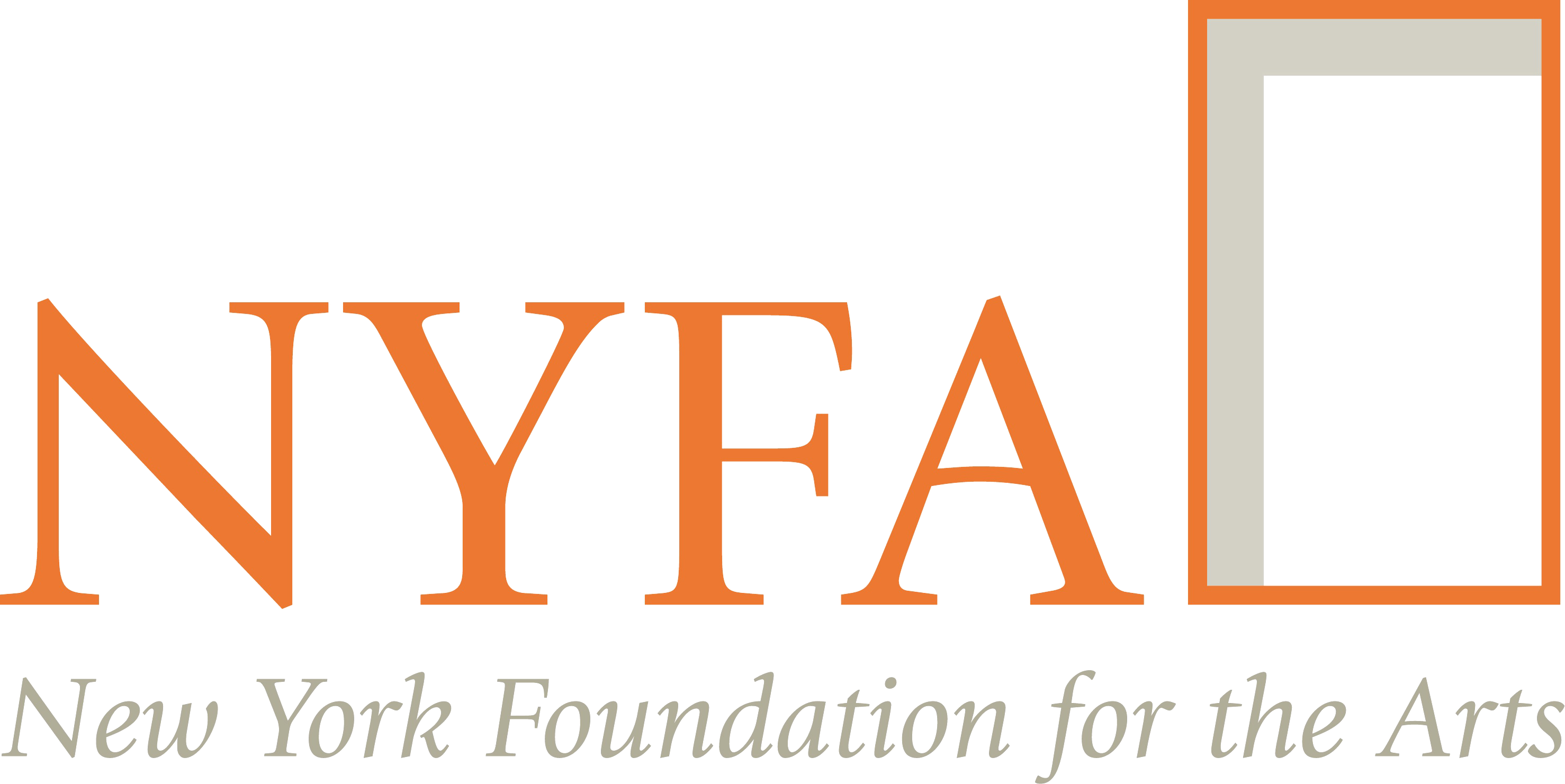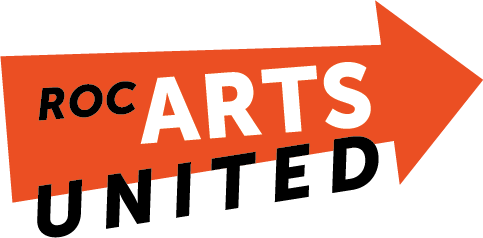
NYFA and New York Council of Nonprofits (NYCON) program aims to help address operational issues that often stifle organizations’ long-term planning and sustainability.
New York Foundation for the Arts (NYFA) and New York Council of Nonprofits (NYCON) have launched a new pilot NYSCA Stabilization Program for Small Arts Organizations that is designed to help participants to identify and solve a significant concern that is impeding their growth or development. It aims to help address operational issues that often stifle organizations’ long-term planning and sustainability. The program, generously supported by New York State Council on the Arts (NYSCA), provides organizations with a comprehensive organizational assessment and individualized consulting support to implement best practices.
Current, former, and non-NYSCA funded organizations with operating budgets up to 1 million dollars are eligible. BIPOC-led, community-based, or rural arts and cultural organizations working in all arts disciplines or with underserved communities are encouraged to apply. NYFA will serve organizations located in Mid-Hudson, Long Island, Capital Region, Mohawk, and North Country. A sister program, administered by the New York Council of Nonprofits (NYCON), will be available to organizations based in Central, Western, and the Southern Tier of New York State.
Applicants’ individual consultancy will be developed in response to the initial assessment and their specific operational needs. The program may provide services for 3-8 months, which will consist of the following key components:
Organizational Assessment – To assist in identifying and prioritizing potential areas of growth, accepted organizations will participate in a comprehensive organizational assessment guided by NYFA or NYCON. This is intended to provide the organization with additional detail for their consultancy, and reveal strengths, as well as activities to boost their sustainability post-consultancy.
Consulting with Expert Professionals – Organizations will craft a scope of work that describes a significant barrier to their growth, and key deliverables or interventions they’ll pursue in partnership with a consultant. Organizations will assign a staff liaison to be the point person responsible for the execution and implementation of key tasks or policies. Consultants will be chosen based on the administrative or operational needs of the organization. Priority will be given to BIPOC consultants or consultants with whom the organization has worked in the past.
Coaching for Executive Leadership (NYFA grantees only) – The Executive Leader will receive weekly one-on-one Executive coaching sessions to support the continued growth of their leadership team. By focusing on leadership capacity alongside operational needs, the organization will experience more integrative support, creating a platform to meet holistic organizational goals.
Consultants and coaches may address any administrative or operational issue facing eligible organizations. They cannot offer artistic or curatorial advice, and in most cases their services will be rendered virtually. Significant progress should be attainable within the suggested time frame of 3-8 months.
Upon successful completion of assessment and consultation, participants will be regranted funds to assist in further stabilizing their nonprofits. Re-grants can be up to $10,000, and may cover the purchase of a particular software or equipment, continued professional development, or additional consulting or coaching services, etc. This regranted support cannot be the central solution to the issue described.
Applications will be assessed by NYSCA, NYFA, and NYCON staff on the following:
Specificity of the proposals.
The feasibility of having a meaningful impact during the duration of the consultancy.
Demonstrated capacity by organizations to take on the additional consulting work and while continuing their normal operations.
How well an applicant’s desired outcomes align with the goals of the program.
Participants who are accepted into the program may be asked for follow-up materials that provide more detail on their current and past activities related to the proposed project. All participants will be required to submit interim and final surveys.
